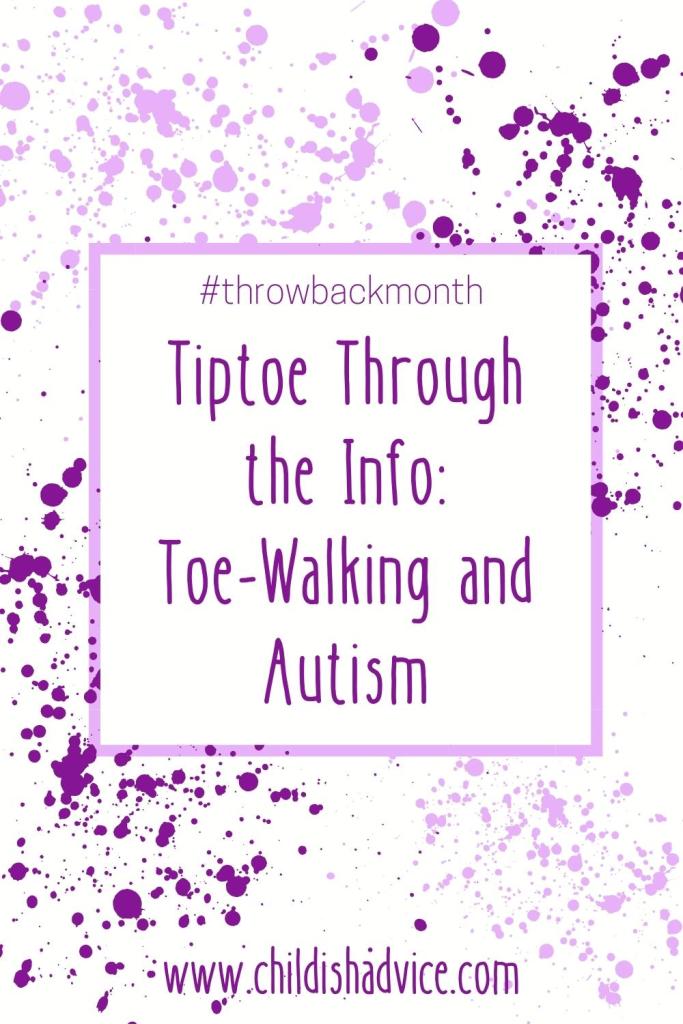
I enjoy good documentaries and Netflix has an abundance of them out right now. So when I came across the docuseries Babies, I had to check it out for the blog.
Babies explores the new research surrounding child development within the first year of life, following 15 newborns from around the globe. While I’d like to think I’m pretty well informed in this arena, there is still a great deal that I didn’t know and that was quite refreshing. It would be crazy to think that what I learned in grad school about babies 15+ years ago hasn’t been challenged or expanded upon since.
Continue reading



